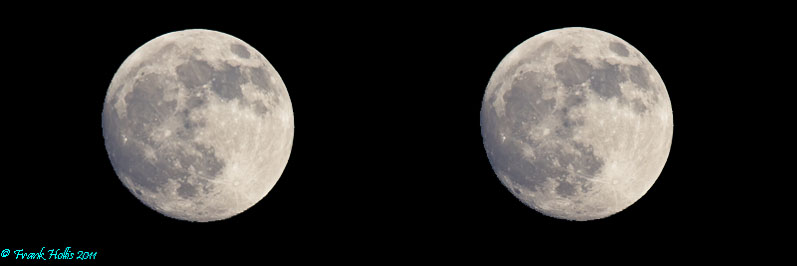- Messages
- 1,677
- Edit My Images
- Yes
Who's going to try and capture the Lunar Eclipse this weekend then?
http://www.independent.co.uk/news/s...-moon-of-the-year-on-same-night-10476716.html
http://www.independent.co.uk/news/s...-moon-of-the-year-on-same-night-10476716.html



 .........will have to see what the weather brings
.........will have to see what the weather brings 

